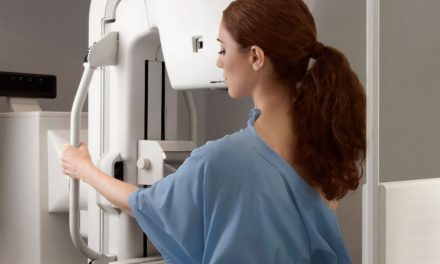An inquest in Newcastle has found that father-of-three, 69-year-old Stephen Pettitt only had a 1-2% chance of dying had he had conventional, open heart surgery to repair or replace his leaking valve. Instead, Pettitt died following a “catalog of errors” at the hands of lead surgeon Sukumaran Nair who was not trained well enough to use the robot. In fact, he had “only practiced using it on a simulator.”1
Pettitt was the first person in the UK to undergo robotic mitral valve surgery and died from multiple organ failure.
“Lead surgeon Sukumaran Nair had no face-to-face training on using the robot before he operated on Mr. Pettitt, but had watched similar procedures in the US and Holland and practiced alone on a simulator.
Trained experts in using the Da Vinci robot, known as proctors, were in the theatre to help, but left before the complex procedure finished. It was made more complicated and lengthy by sutures being found to be misaligned and the robot camera being blinded with blood.
It emerged on the last day of the inquest that these proctors, who flew in from outside the UK, could not have stepped in to take over as they were not registered with the General Medical Council.”2
In light of this death, Coroner Karen Dilks is expected to provide Newcastle Hospitals NHS Foundation Trust with a series of recommendations about how its policies could be improved (including how proctors are recruited and what’s expected). She also plans to contact the Royal College of Surgeons and the Department of Health and ask them to consider whether national guidelines should be put in place for new procedures like this.
Mr Nair was interviewed under caution and no criminal charges followed the police inquiry. He no longer uses robotic techniques.
Dr. Andy Welch of Newcastle Hospitals Trust issued an apology to Mr. Pettitt’s widow and said,
“Unfortunately, on this occasion, we failed to ensure the standard of care that would reasonably be expected of us with a tragic outcome. Following Mr. Pettitt’s death, the robotic heart programme was stopped immediately and significant changes have been made, following a detailed investigation, in respect of process and training requirements, relating to the introduction of new procedures.”3
Needless to say, the video above illustrates two very important things:
- Before you use this technology, you should be able to do things like this.
- Robots can be incredibly precise when they are operated by someone who knows what they are doing.
Our heart goes out to Mr. Pettitt’s widow and children.












